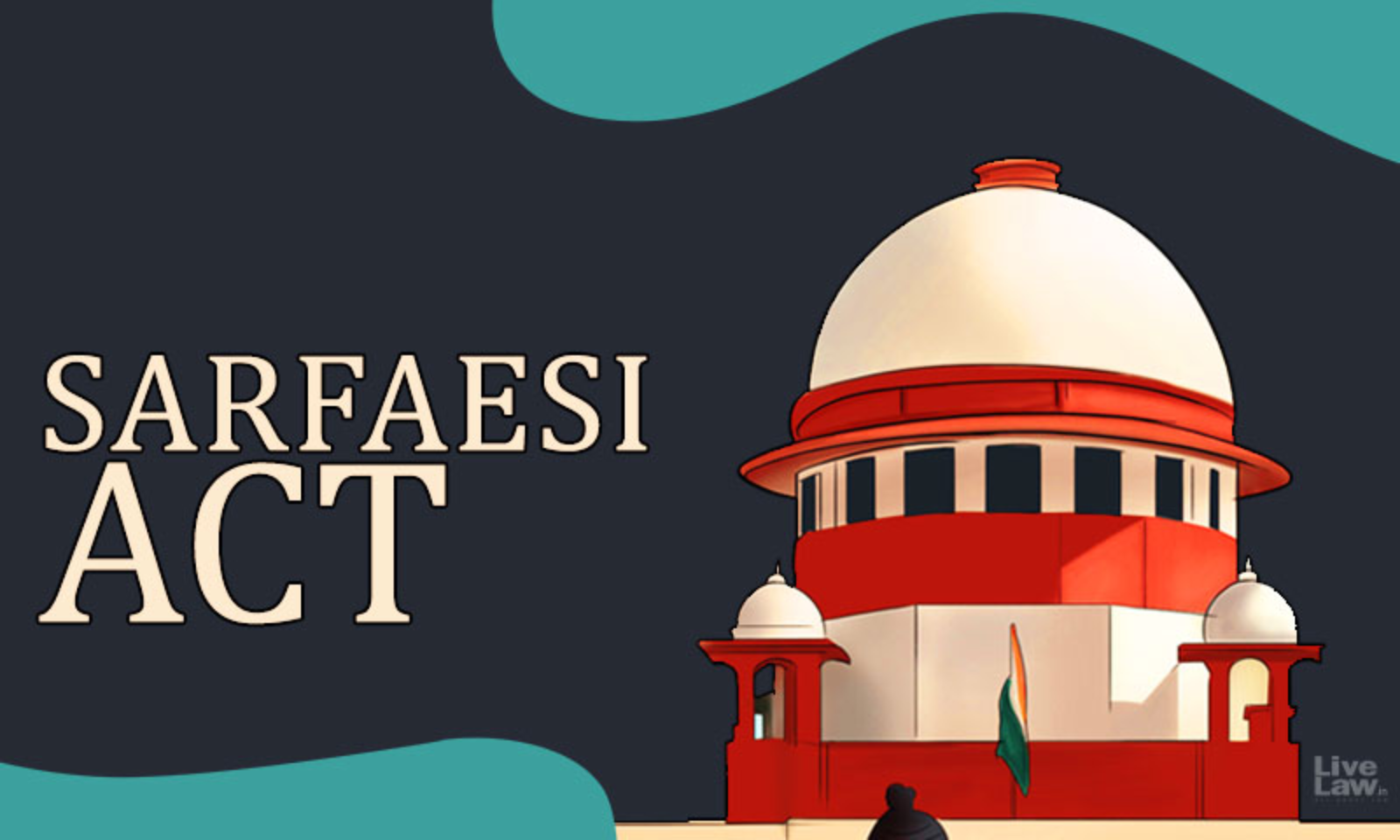Losing one’s home due to financial distress is a distressing and overwhelming experience. Unfortunately, it can happen when a homeowner defaults on their loan payments, leading the bank to invoke the Securitization and Reconstruction of Financial Assets and Enforcement of Security Interest Act (SARFAESI Act). Under this act, the bank has the authority to possess and sell the property to recover the outstanding loan amount. If you find yourself in this situation, it’s crucial to understand your rights and take appropriate action. In this blog post, we’ll discuss what you can do when your home gets possessed by the bank under SARFAESI.
- Seek Legal Advice: When you receive a notice from the bank about the possession of your home, it is essential to consult with a qualified lawyer who specializes in property and banking laws. They can guide you through the legal process, assess the situation, and help protect your rights. A lawyer can also explore possible options such as negotiating with the bank or filing an appeal if there are irregularities in the possession process.
- Understand SARFAESI Provisions: Familiarize yourself with the SARFAESI Act to understand the rights and obligations of both the bank and the borrower. The act outlines the procedures that the bank must follow during the possession and sale of the property. By understanding these provisions, you can ensure that the bank adheres to the legal requirements and doesn’t infringe upon your rights as a borrower.
- Communicate with the Bank: Open lines of communication with the bank. Contact them promptly upon receiving the possession notice and express your willingness to cooperate and find a resolution. Discuss the possibility of restructuring or settling the outstanding debt. Clear communication can sometimes lead to mutually agreeable solutions, such as extending the repayment period or reducing the interest rate.
- Explore Loan Restructuring Options: If you’re facing financial difficulties, you may qualify for loan restructuring or a moratorium on loan repayments. Many banks offer such options to borrowers in distress. By demonstrating your commitment to repaying the loan and presenting a viable repayment plan, you may be able to negotiate more favorable terms and prevent the loss of your property.
- File an Appeal if Applicable: If you believe that the bank has violated any provisions of the SARFAESI Act or if you have evidence of irregularities in the possession process, you can file an appeal with the Debt Recovery Tribunal(Appellate Authority). Consult with your lawyer to understand the appeal process, the required documents, and the timeline for filing. An appeal can provide an opportunity to present your case and seek justice.
- Seek Financial Counseling: During this challenging time, it’s essential to seek professional financial counseling. A financial advisor can help you assess your financial situation, explore alternative options, and develop a plan for the future. They can guide you on managing your debts, creating a budget, and rebuilding your credit score.
Conclusion: Dealing with the possession of your home by the bank under the SARFAESI Act is undoubtedly a difficult situation. However, by understanding your rights, seeking legal advice, and exploring available options, you can potentially find a resolution that safeguards your interests. Remember to communicate openly with the bank, consider loan restructuring, and consult with professionals who can guide you through the process. With the right support and knowledge, you can navigate this challenging period and work towards rebuilding your financial stability.


